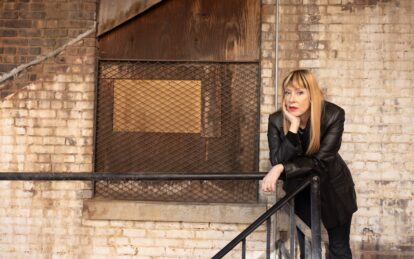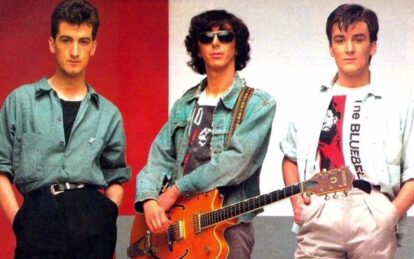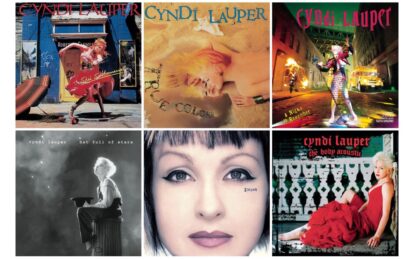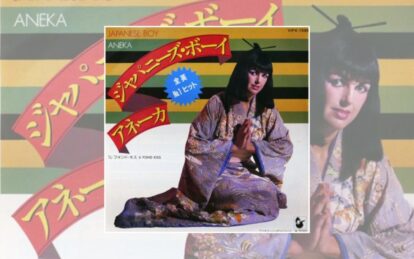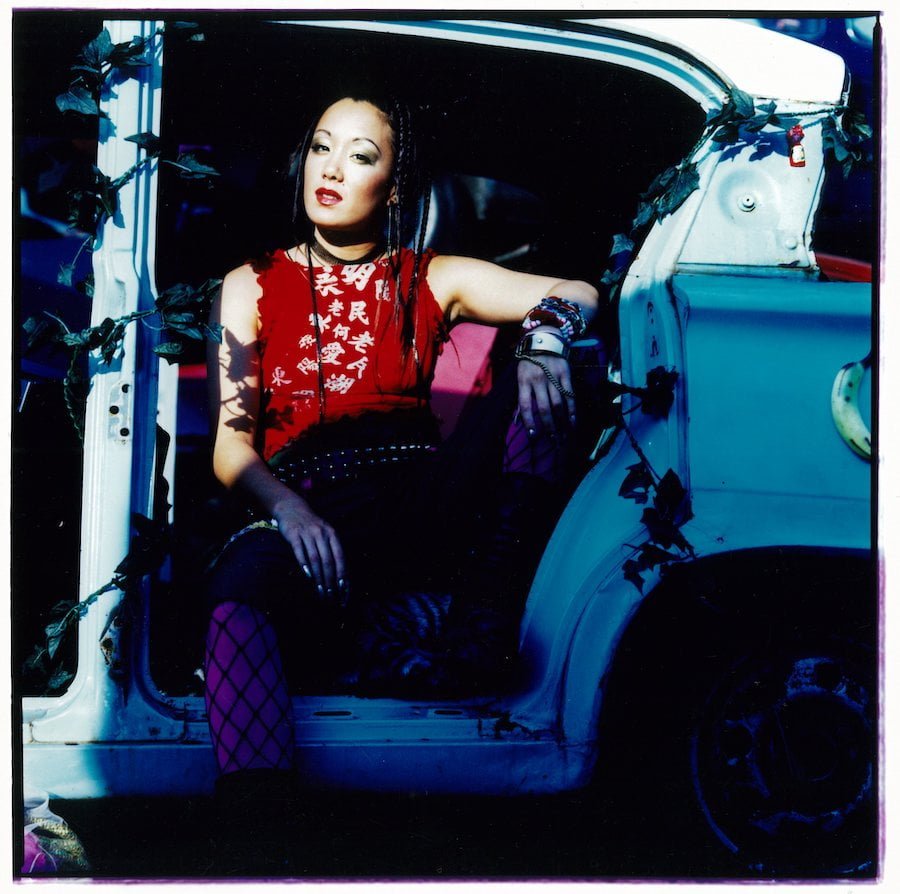
Leilani
As her debut album Precious Treasure is released, we catch up with 90s pop star, Leilani
In the timeline of classic pop, Leilani comes after the anything-is-possible spirit of 80s chart music and the couldn’t-care-less attitude of the 90s dance explosion.
But somewhere before it all went awry with the smartphone-, X-Factor– and iTunes-obsessed 00s. A moment in time where the future looked to be held in the hands of singularly-monikered musicians such as Jamelia, Emilia and Billie.
It’s this era that author Michael Cragg explores in Reach for the Stars (Fame, Fallout and Pop’s Final Party) as “a double-denim-loving time before the glare of social media and the accession of streaming.”
But there was just one problem. After three singles, Leilani vanished off the face of the earth. A tour with Boyzone, Top Of The Pops with her first single, some Curly Wurly-related lyrical notoriety. Then, nothing. Her debut album was
All of this is rectified this month with the release – almost 25 years after it was first scheduled – of Leilani’s debut LP, Precious Treasure, which includes her three singles Madness Thing, Do You Want Me? and Flying Elvis.
To say nothing of a killer ballad in This Is Your Life, and a timeless emotional info-dump named Snail, possibly the only pop track ever to be based on tuba and cello in the verse, and digeridoo in the middle eight.
Leilani came out of hiding to talk to Classic Pop about her fleeting moment as pop’s brightest hope and how it feels to finally release your debut album, a couple of decades years after you recorded it.
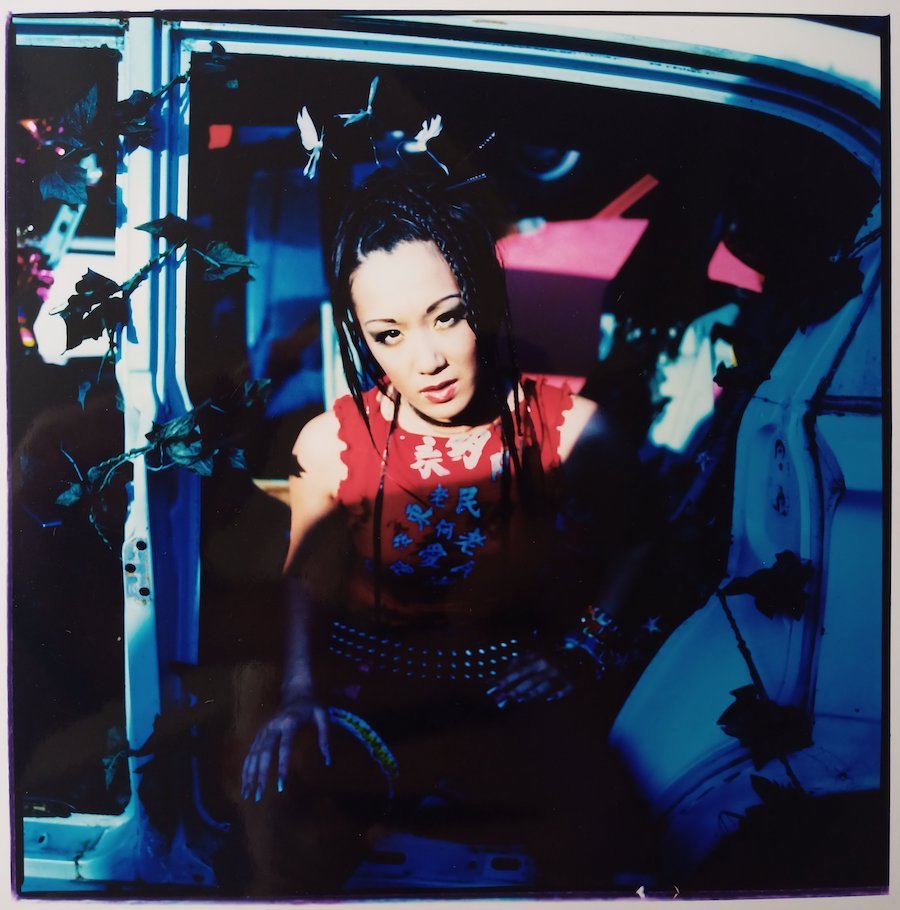
It’s quite a funny story, actually. I was working with friends of my brother who owned a recording studio in Primrose Hill, and they were doing jingles for adverts. And my brother casually mentioned to them, ‘you should make my sister a pop star’.
So I went down and had a little audition. They were like, ‘yeah, great, but we won’t tell her in case we don’t get anywhere and then she’ll never be disappointed’.
They told me that they were giving me free studio time and I was giving them free vocals to help everyone out. I didn’t realise really that I was actually writing and recording an album.
When it came to the completion of the album, they asked me, ‘would you like a record deal?’ And I was like, ‘no, thank you. I want to be a musical theatre performer and be on the stage, actually!’
You were on Top Of The Pops with Madness Thing, your very first single, but at what point did you realise you were a fully-fledged pop star?
My God, I remember so clearly when I realised I was a fully-fledged pop star, and it was at the record label’s offices. I had loads and loads of papers to sign and they popped open tons of bottles of Champagne. And every single person in the label raised a glass.
I was standing with my production team, and they all stood and cheered me and I was confused. I said to Phil, who used to help me write my songs, ‘why are they all looking at me?’ And he said, ‘because you’ve just signed a seven-album deal!’
I was like, ‘what on earth’s just happened?!’ I was really slow on the uptake of what was happening; I didn’t realise it was all for me. As soon as we’d all cheersed, we sat down and there was this piece of paper put in front of me of the TV appearances. Straight away the next week it said Big Breakfast, CD:UK, SMTV…
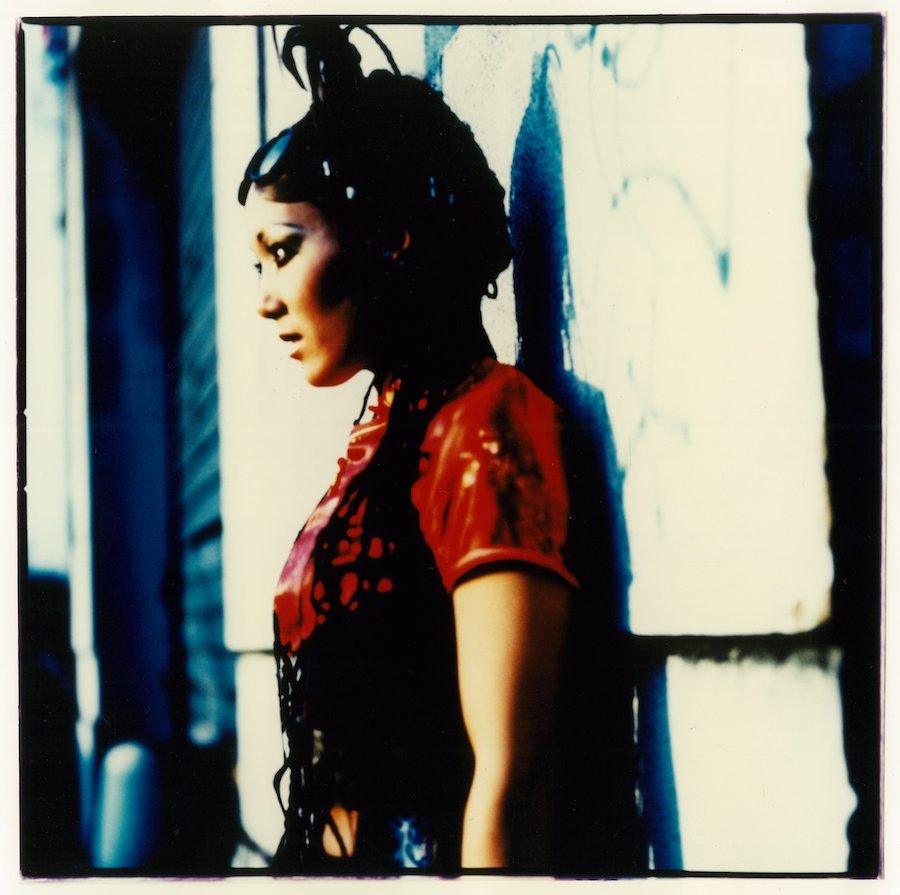
Leilani
Bob Stanley refers to “pre-millennium bubblegum” as “an extraordinarily fertile period for British pop.” How would you describe the highs and lows of those days?
I would say the craziest moment from back in the day was definitely the Smash Hits tour in 1998. Billie and I always used to share a dressing room because were the two solo girls. Everyone was just on a massive high.
Another time, I remember we turned up at one TV and the tour manager, who was my brother, had forgotten all of our costumes. I think it was Fully Booked, actually, or maybe when we did


